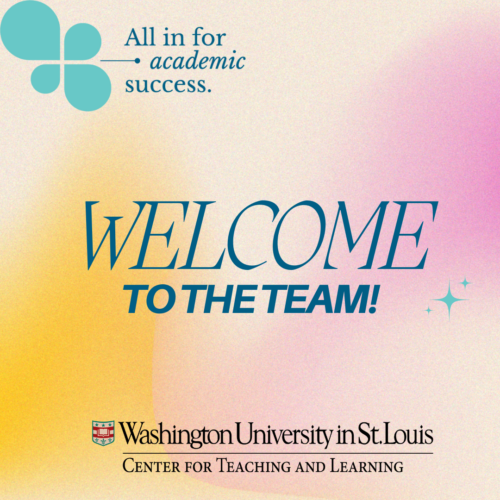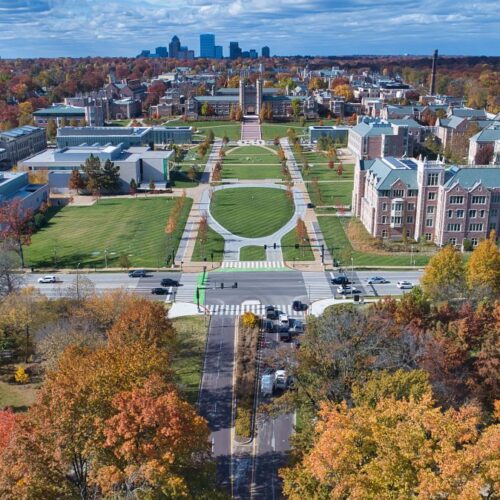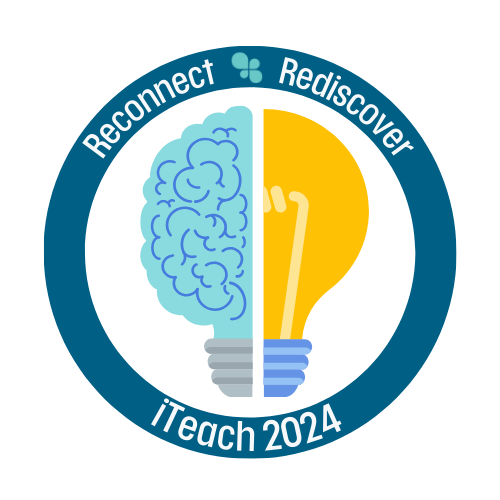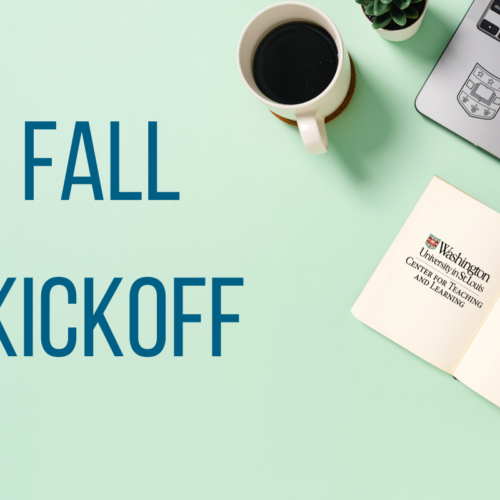“Using Research to Change Our Perception of the Average Student”
Date: Wednesday, November 8th
Time: 4:00 pm
Location: McMillan Cafe (please note new location)
Diane Bunce, PhD, gave a talk on “Using Research to Change Our Perception of the Average Student” as part of the Innovations in the Undergraduate Education Speaker Series, co-sponsored by CIRCLE, The Teaching Center, the University Libraries, and Arts & Sciences Computing.
Abstract: The average student is one who appears engaged in learning but whose achievement level does not match the level of other successful students in the course. This student is often frustrated and seeks help from others including the instructor, teaching assistants, and peers. But why does this student have trouble understanding the material, and why is the help sought not working? This talk will redefine the difficulty average students encounter in terms of their approaches to learning in introductory-level courses. Research from an introductory chemistry course will be discussed reporting average students’ approaches to learning, including some of the successful approaches used by students who earn As and Bs in the course and other approaches used by unsuccessful students who have earned Ds or Fs. Quantitative and qualitative data will be presented that compare the learning behavior of average students to that of successful and unsuccessful students in a general chemistry course. Interim findings from current research on learning approaches used by students as they “solve aloud” problems previously solved on tests will also be presented.
Dr. Bunce is a chemical education researcher whose research focuses on the mismatch between how students learn and how we teach chemistry. Some of her publications address how long students pay attention in lecture and the effect of active learning strategies on their attention. Currently her research at the US Naval Academy has focused on what differentiates an average student from both successful and non-successful students in freshman chemistry in terms of which study resource average students chose and the study approach they employ. Diane has shared her belief in the power of this type of research by editing several books published by the American Chemical Society entitled The Nuts and Bolts of Chemical Education Research and Tools of Chemical Education Research. Diane earned her BS in chemistry from LeMoyne College in Syracuse, New York, a Masters of Arts in Teaching from Cornell University and a PhD in Chemical Education from University of Maryland, College Park. She is currently a professor emerita at The Catholic University of American Washington, DC. Diane is the founding Associate Editor of the Chemical Education Research Feature of the Journal of Chemical Education and a fellow of the American Chemical Society (ACS) and the American Association for the Advancement of Science (AAAS). She has received several national awards including the James Flack Norris Award for Outstanding Achievement in the Teaching of Chemistry (2007) and the American Chemical Society’ George C. Pimentel Award for Chemical Education (2012).




